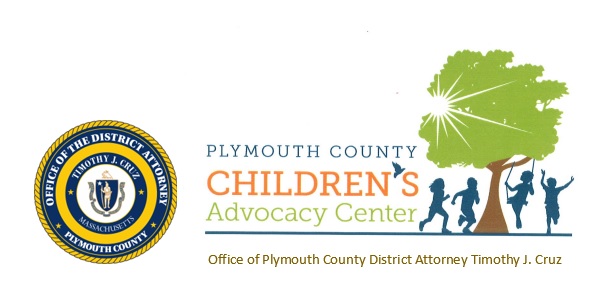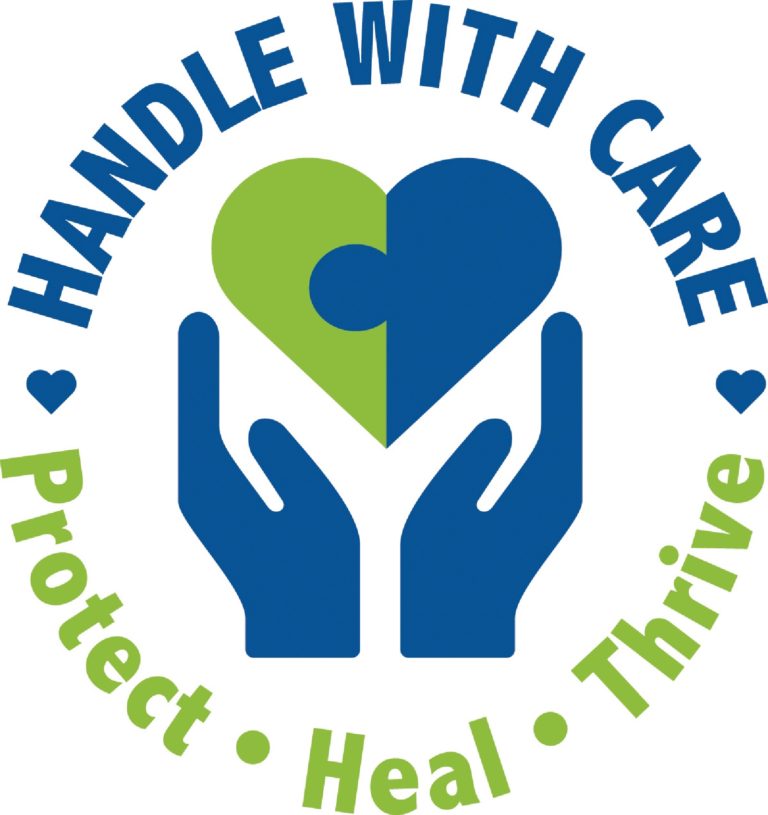Caregivers who use, sell or make drugs place children in danger. In drug households, children are imprisoned by fear, are at-risk of physical, sexual, emotional abuse and/or neglect and have a higher risk of injury and premature death. The danger can take many forms.
Neglect/Abandonment
Children who live in drug households are often neglected or abandoned by their caregivers. They may:
- Appear extremely hungry or horde food
- Appear dirty or smell unclean
- Dress inappropriately for the season
- Lack needed medical or dental care, immunizations, or glasses
- Be chronically truant
- Have parents that are disconnected to the school
- Have inadequate supervision
- Take on the adult role in the family for the younger siblings
Physical Abuse
Because drug use often leads to violence, children in homes with drugs may be abused by their caregivers. Children who are being physically abused may:
- Have unexplained injuries, broken bones, bruises, burns, open wounds, lacerations, welts, black eyes, or bite marks
- Have grip marks on their arms
- Have unexplained fear
- Have physical signs of being tied up or otherwise restrained
- Deny there is a problem when other warning signs are present
- Have injuries in the shape of an object – belt, cord, iron, etc.
- Have injuries that do not fit the story
- Be frightened of parent, caretaker or other adults
- Exhibit anti-social behavior
Sexual Abuse
Drug endangered children may be sexually abused by people using drugs. Children who are being sexually abused may:
- Have unexplained bleeding, wounds, bruising or pain in genital area
- Have unexplained sexually transmitted diseases
- Be in pain when going to the bathroom
- Have difficulty walking or sitting
- Touch others in inappropriate sexual ways
- Be afraid of being touched
- Show self-destructive behaviors like cutting themselves or pulling out their hair
- Exhibit regressive behavior
- Have (or show) inappropriate interest in or knowledge of sex acts
Mental/Emotional Damage
People on drugs may become very verbally abusive and manipulative to those around them. Children who are being mentally and emotionally abused may:
- Be constantly afraid
- Withdraw from situations they used to enjoy
- Have low self-esteem
- Have inadequate nurturing or affection
- Exhibit behavioral, emotional and academic problems in school
- Be extremely timid or passive or pushy and hostile
- Be unusually upset or anxious
- Be apathetic
- Wet or soil self
- Have difficulty making friends
Exposure and Accidental Poisoning
Children who live in drug households can be exposed to the toxic chemicals used to “cook” meth or to the drugs themselves. Physical signs of exposure include:
- Burning and watery eyes
- Blurred vision
- Skin irritation and redness
- Burns on the skin
- Sneezing and coughing
- Difficult breathing, shortness of breath
- Chest pain
- Nausea and vomiting
- Stomach pain
- Diarrhea
- Headaches
- Fever
- Hallucinations
- Extreme irritability
How to Identify ‘Drug Houses’ There are many signs that people are using, selling or making dangerous drugs. You may have drug related activity in your neighborhood if:
- There are houses or buildings with windows blackened or curtains always drawn
- There are frequent visitors to a home, building or area at all times of the day and night or at odd hours
- Occupants of a home appear unemployed/underemployed yet have plenty of money or pay bills with cash
- There are chemical odors coming from a house, the garbage, or a detached building
- The garbage contains numerous bottles, containers, stained bed sheets or coffee filters
- You find inhaling or injecting paraphernalia, such as razor blades, straws, heated spoons, or syringe

